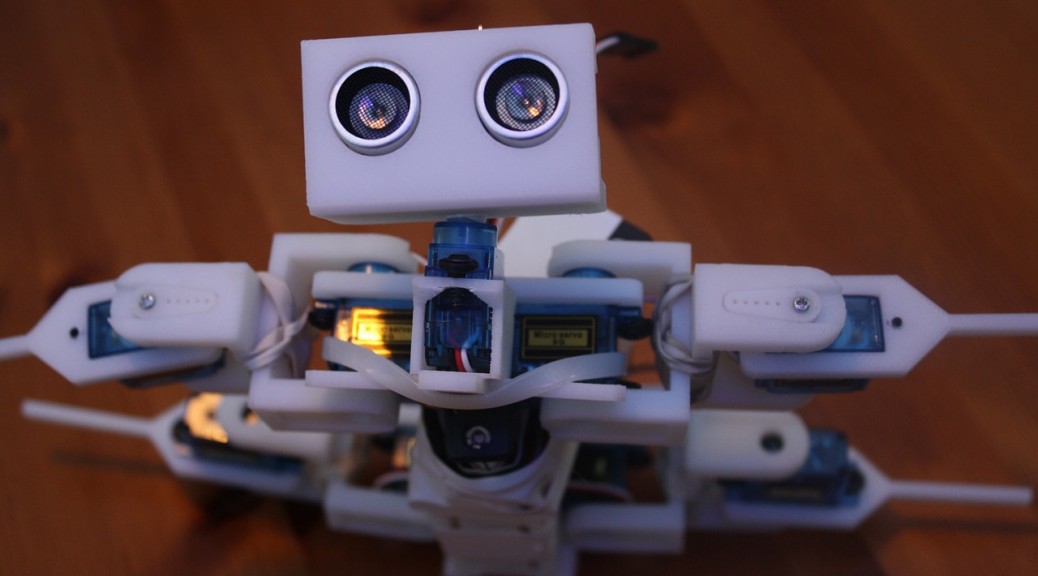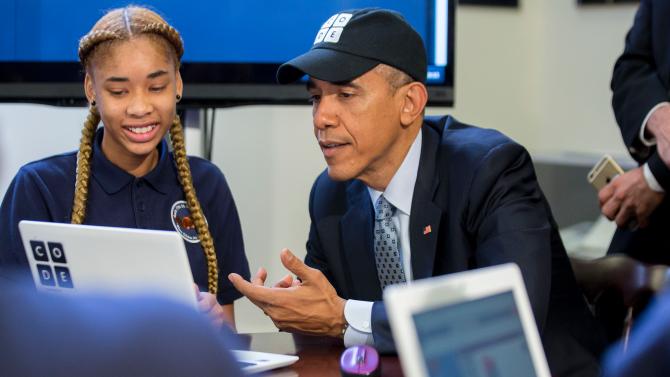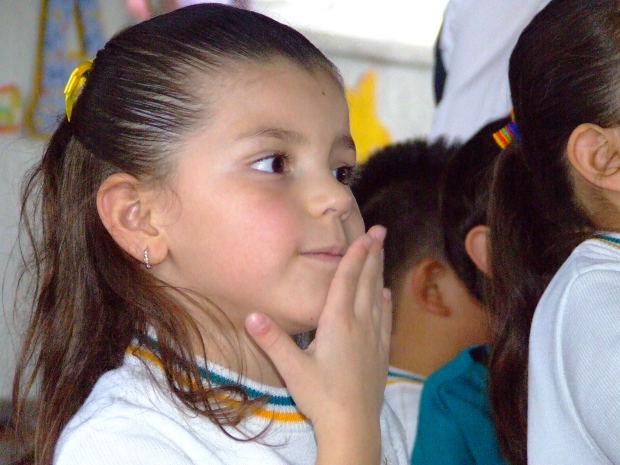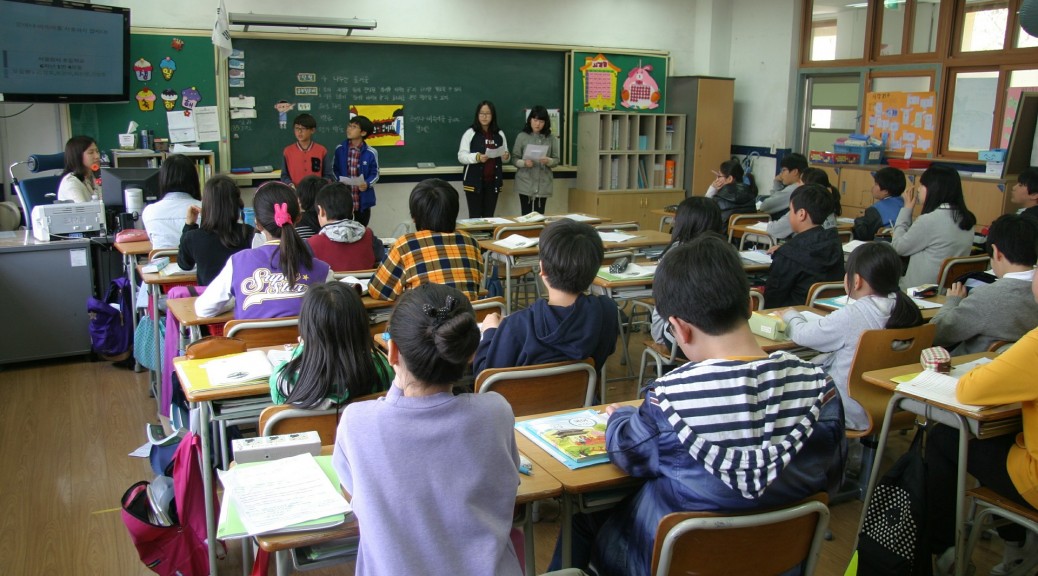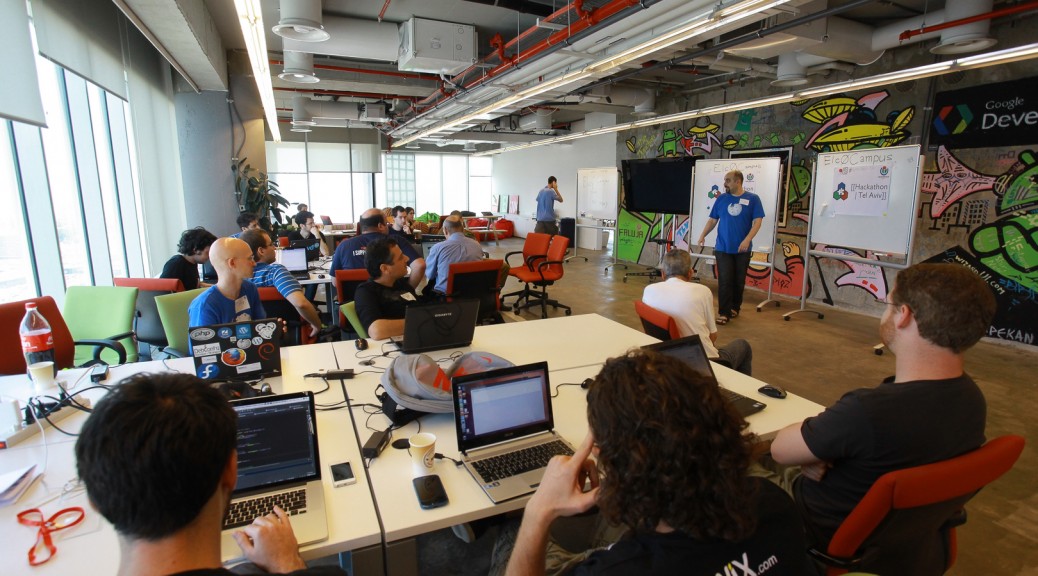Everyone is looking for the best way to impart coding education on kids. Obviously, there is no substitute for quality mentoring. Nonetheless, new innovations are helping to fill in the gaps for people throughout the world. Consider a recent article for Yahoo News titled “A robot to teach kids coding.”
Ben Gruber of Yahoo News writes, “A robot named Root has been developed to expose kids of all ages to coding in a way that brings the often daunting world of computer science to life. Root looks like a smoke detector but is actually a sophisticated robot. A magnetic surface, wheels, and an impressive arsenal of sensors allow it to navigate a classroom whiteboard. But Root isn’t actually programed to do anything. Its tasks and functionality hinge on a child’s imagination. The robot is capable of driving and drawing as well as playing music, but Root needs instructions to operate, a line of code. Zivthan Dubrovsky of Harvard’s Wyss Institute recalls testing out Root with kids for the first time. ‘If you ask kids can you make a text based java script line follower? They go ‘no that’s hard, can’t do that’, but we can put level one in front of them and they can do it in minutes,’ he said. Using a tablet wirelessly connected to the robot, level one introduces kids to the principles of programing using an interface of simple commands and pictures. As they become more adept, they jump to levels 2 and 3, at which point writing computer code becomes second nature, according to Dubrovsky. He says getting kids interested in the abstract world of programming isn’t easy, but thinks Root can help with that. ‘We are not trying to create a fun toy where you are just making a racing game. We are going to figure out how to make the racing game and that is going to be a lot of work, a lot of perhaps negative energy. But then there is so much positive energy at the end that it is worth the effort,’ he added.”
If you are looking for the best in customized coding education, your best bet is CodeRev Kids. At CodeRev Kids, our lessons focus on computational thinking, which encompasses a wide variety of programming languages and concepts.
Our lessons build upon one another and we adjust starting points to each student’s level of expertise. Thus, the entire curriculum is customized. We are known for saying we are the most educational tech camp out there, but we also keep the focus on having fun. As a result, students stay engaged while learning to blend creativity with technology.
